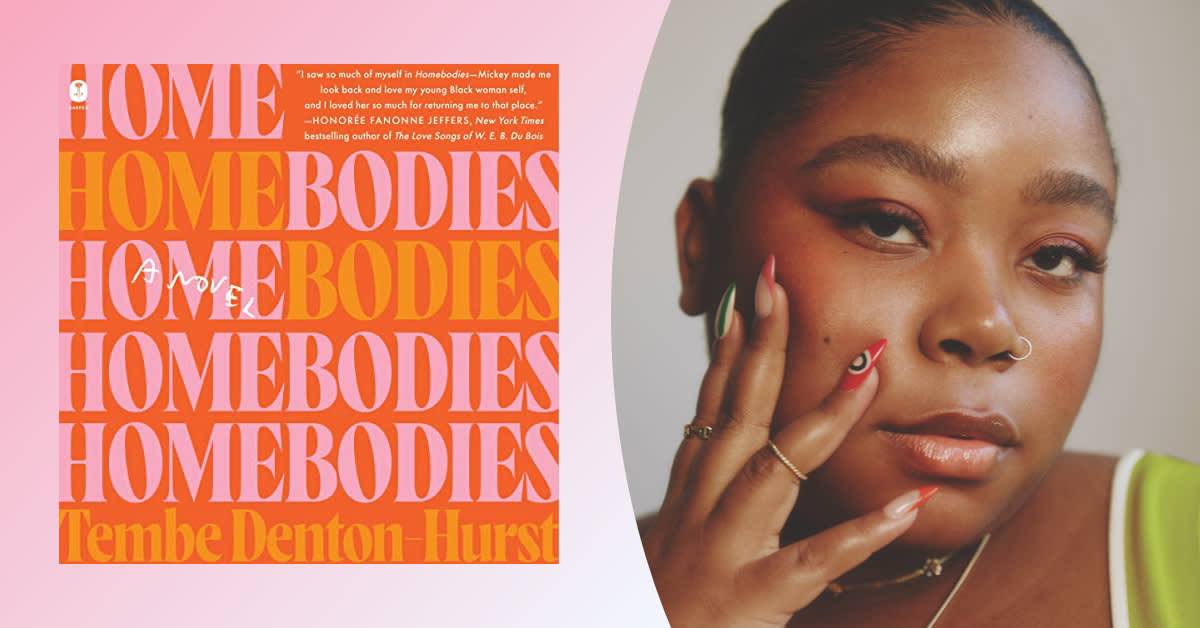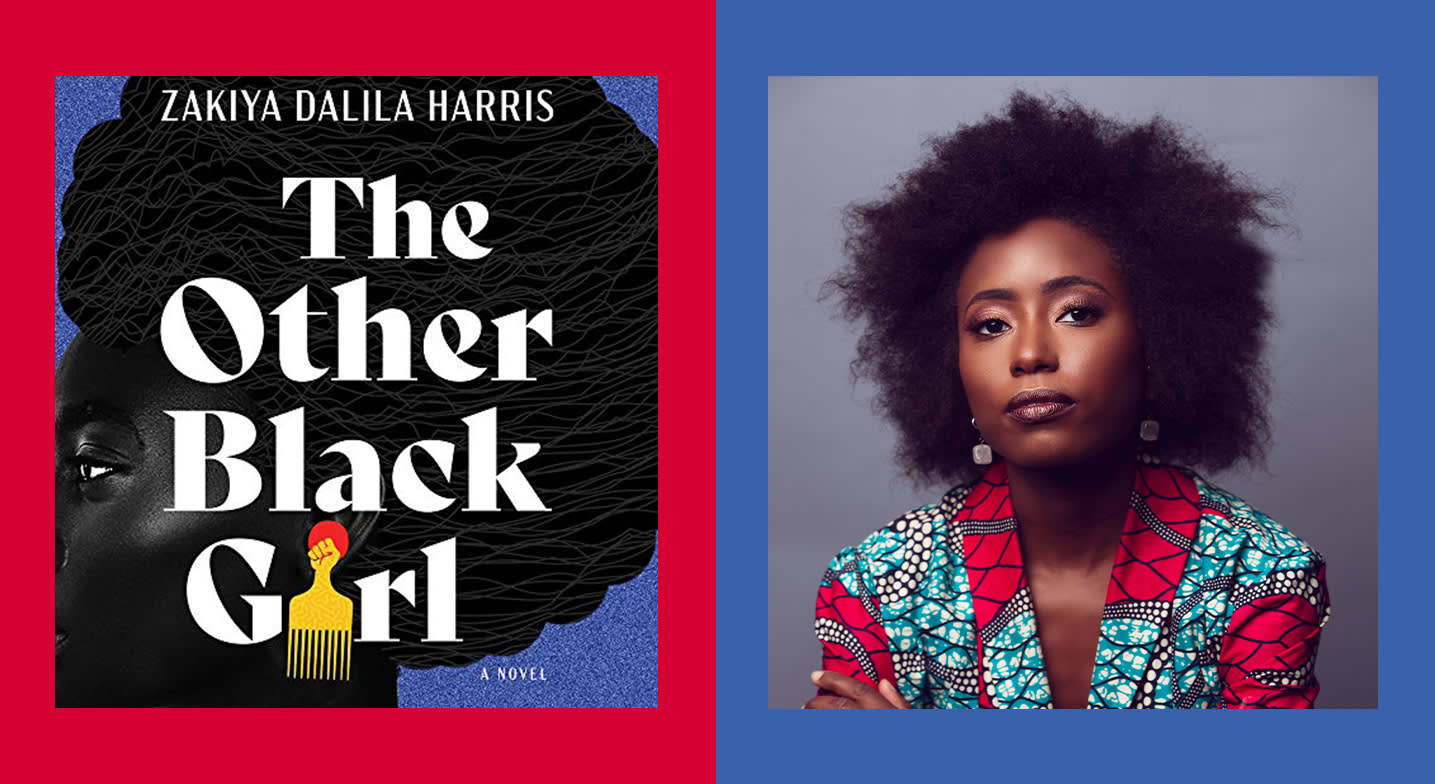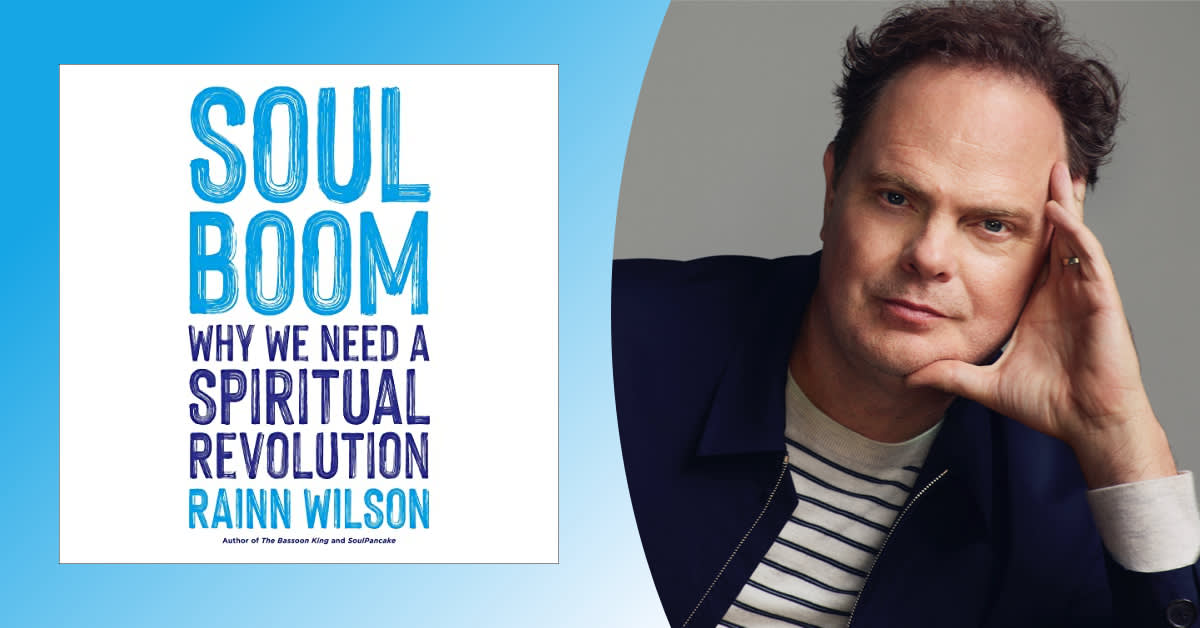Years ago, I started my career as a magazine editor in New York City. I still remember the glory days of unlimited car service around the city, the two-hour long lunches spent oohing and ahhing over the latest product launches, but also the crippling feeling of invisibility every time I was passed over for a promotion.
Listening to Tembe Denton-Hurst’s Homebodies instantly brought back a wave of those memories, as I quickly realized not much has changed in the past two decades. At the center of Denton-Hurst’s intriguing debut is Mickey, a young, Black, queer writer who discovers that her magazine is interviewing candidates to replace her; she’s laid off soon after. With her world turned upside down, Mickey writes a fiery letter calling out racism in the industry and then retreats to her hometown in Maryland to lick her wounds. But when the letter goes viral, Mickey is forced to face who she really is and what she really wants.
In our interview, Denton-Hurst told me that Homebodies was inspired by her own layoff in 2019. Now a beauty and books writer at New York Magazine, she turned that career setback into an unflinching coming-of-age story that speaks to people of color who often feel isolated in the workplace, feeling that they have to pretend to be someone they’re not, or hide their true selves, just to get ahead.
This is the book I wish I had in my 20s, but the lessons Denton-Hurst serves up in Homebodies are both timeless and timely for the world we live in today.
Audible: Congratulations on your debut novel! What inspired you to write Homebodies, and why did you choose to tell this story now?
Tembe Denton-Hurst: Thank you! I was inspired by my own layoff in 2019. I pushed myself to get back up and apply for a job immediately and was back to work just six weeks later (and started freelancing just days later), but I wanted to write a story where the character was able to experience the ebbs and flow of losing something they worked so hard for. As timely as the conversation around Black women and professionalism is at the moment, it's also evergreen. This is something that people who came before me in the industry and those who have come up after me can relate to. But it was also the book I needed to write before I wrote anything else. I wanted to write about a Black woman who was deeply human and flawed. I think it's always a good time to do that.
How much of Mickey’s story is inspired by your own life?
Beyond the layoff, not much. Although the Grandma Anna character is loosely based on my own. She has a similar, unwavering presence and I couldn't help but give Mickey her own version of her.
How does it feel to hear narrator Marcella Cox voice Mickey’s character?
It was incredible, she brought so much to the story. It was passionate when it needed to be, quiet when called for. I couldn't imagine anyone else narrating it.
Did you learn anything about yourself while writing Homebodies?
So much. Writing a book is an incredibly vulnerable experience and it took me reconnecting with emotions I believed I'd moved through to really make the story sing. I also learned that I can write a book!
What do you hope listeners will take away from this book?
I hope they see that the path to growth is anything but linear and it isn't necessarily in the big moments, but the small ones. And that it's always a good idea to be bold and speak truth to power. It might be scary, but it's worth it, and it changes you in the process.





